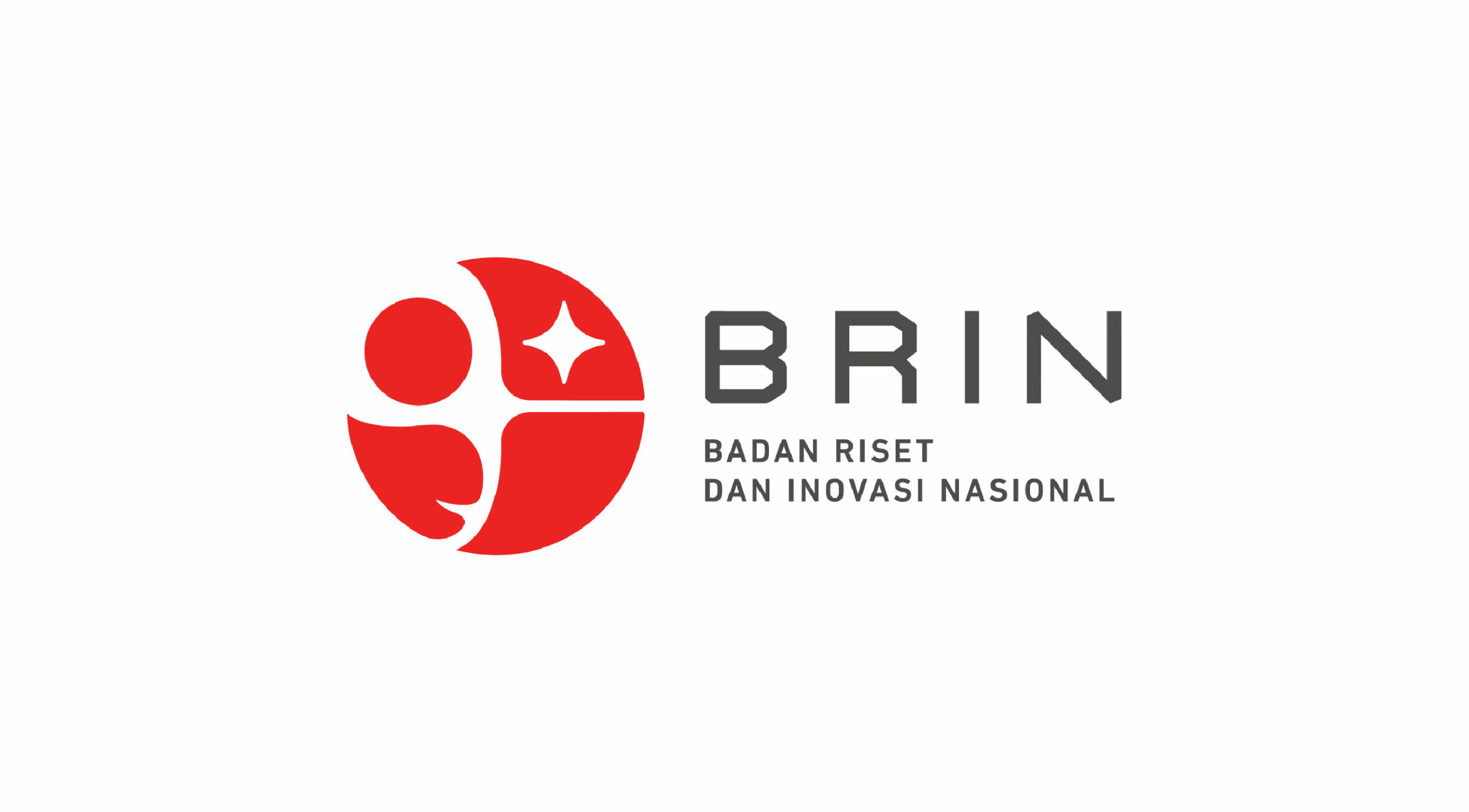Metode Pengajaran Gus Yusuf Chudlori Pada Hadis-Hadis Yang Berkaitan Dengan Pendidikan Anak Dalam Kitab Ayyuha Al-Walad
DOI:
https://doi.org/10.33752/tjiss.v4i2.5986Keywords:
Gus Yusuf, Ayyuha al-Walad, Hadith, Child EducationAbstract
Gus Yusuf is a religious scholar specializing in the field of Sufism. He extensively studies Sufi texts, one of which is the book Ayyuha al-Walad by Imam Ghazali. Although there have been many studies discussing or analyzing hadiths on child education, this research focuses specifically on one book, namely Ayyuha al-Walad. In the book Ayyuha al-Walad, many hadiths on education can be found, but it is also possible to find hadiths related to Sufism or education with a Sufi flavor. This is because the purpose of the book is to provide advice from Imam Ghazali to his students (who, after years of learning, still do not know what truly benefits them, so they ask their teacher to write down everything that should be followed in order to benefit in the hereafter). The author has selected hadiths that are relevant to the theme of education. This study utilizes both manual and digital library research methods. The data for the study includes the book Ayyuha al-Walad as the main reference, as well as commentaries on Ayyuha al-Walad and other foundational texts. The digital data sources include platforms such as Maktabah Syamilah, Jami' Kutubuttis'ah, the internet, and others. Gus Yusuf not only employs classical research methods but also utilizes modern methods, such as social media, as a means of preaching. This allows the general public to participate in the study without having to attend the gatherings in person. The study of the book Ayyuha al-Walad conducted by Gus Yusuf has received an extraordinary response and has been viewed thousands of times within a short period.
Downloads
References
Al-Baghda>di>, Abu> Bakar Ahmad bin ’Ali bin Tha>bit bin Ahmad bin Mahdi al-Khat{i>b. Al-Kifa>yah fi ’Ilm al-Riwa>yah. Madinah: Maktabah al-’Ilmiyyah, t.th.
Al-Bukha>ri>, Muhammad bin Ismail Abu Abdillah. Al-Ja>mi’ al-Musnad al-S}ah{i>h{ al-Mukhtas{s{ar min Umu>ri Rasu>lillahi S}allallahu ’alaihi wa sallam wa Sunanihi wa Ayya>mihi>. t.t.: Da>r T}u>q al-Naja>h, 1422.
Al-Ghazali>, Abu> Ha>mid Muhammad bin Muhammad. Ayyuha al-Walad. Jakarta: Dar al-Kutub al-Islamiyah, 2012.
Al-Qazwaini, Ibn Majah Abu Abdillah Muhammad bin Yazid. Sunan Ibn Majah. Mesir: Da>r Ihya’ al-Kutub al-’arabiyyah-Faisal al-Ba>bi> al-Halbi>, t.th.
Al-Suyuti. Syarah Sunan Ibn Majah. Karachi: Qadimi Kutub Khanah, 1315.
Aminuddin, Aminuddin, dan Khaerul Wahidin. “Metode Pendidikan Karakter Al Gozali dalam Kitab Ayyuhal Walad.” EDUKATIF : JURNAL ILMU PENDIDIKAN 4, no. 1 (12 Desember 2021): 195–200. https://doi.org/10.31004/edukatif.v4i1.1799.
At{rabalasi>, Abu al-Hasan Khaithamah bin Sulaima>n bin Haidarah bin Sulaima>n al-Qursyi al-Sya>mi al-. Min H}adi>thi Khaithamah bin Sulaima>n al-Qursyi al-At{rabalasi>. Lebanon: Da>r al-Kutub al-’Arabi>, 1980.
“Gus Yusuf Chudlori,” t.t. Diakses 7 Maret 2024.
Kementrian Agama RI. Al-Qur’an dan Terjemah New Cordova. Bandung: Sygma Media Corp, 2012.
Pratiwi, Silfi Eka Cindi. “Peran Pendidikan dalam Kemajuan Sebuah Bangsa.” Pena Pijar (blog), 20 September 2022.
Utamimah, Maftuchatul. “Strategi Dakwah K.H Yusuf Chudlori Tegalrejo Magelang Dalam Meningkatkan Penyampaian Pesan Dakwah.” Skripsi, IAIN Salatiga, 2019.
Downloads
Published
How to Cite
Issue
Section
License
Copyright (c) 2024 Faridatul Miladiyah Faridah

This work is licensed under a Creative Commons Attribution 4.0 International License.
Based on the license terms, users are free to:
- Share: copy and redistribute the material in any medium or format
- Adapt: mix, transform, and build upon the material for any purpose, even commercially.
- The licensor cannot revoke these freedoms as long as you follow the license terms.
Under the following terms:
- Attribution: You must give appropriate credit, provide a link to the license, and indicate if changes were made. You may do so in any reasonable manner, but not in any way that suggests the licensor endorses you or your use.
- No additional restrictions: You may not apply legal terms or technological measures that legally restrict others from doing anything the license permits.
















